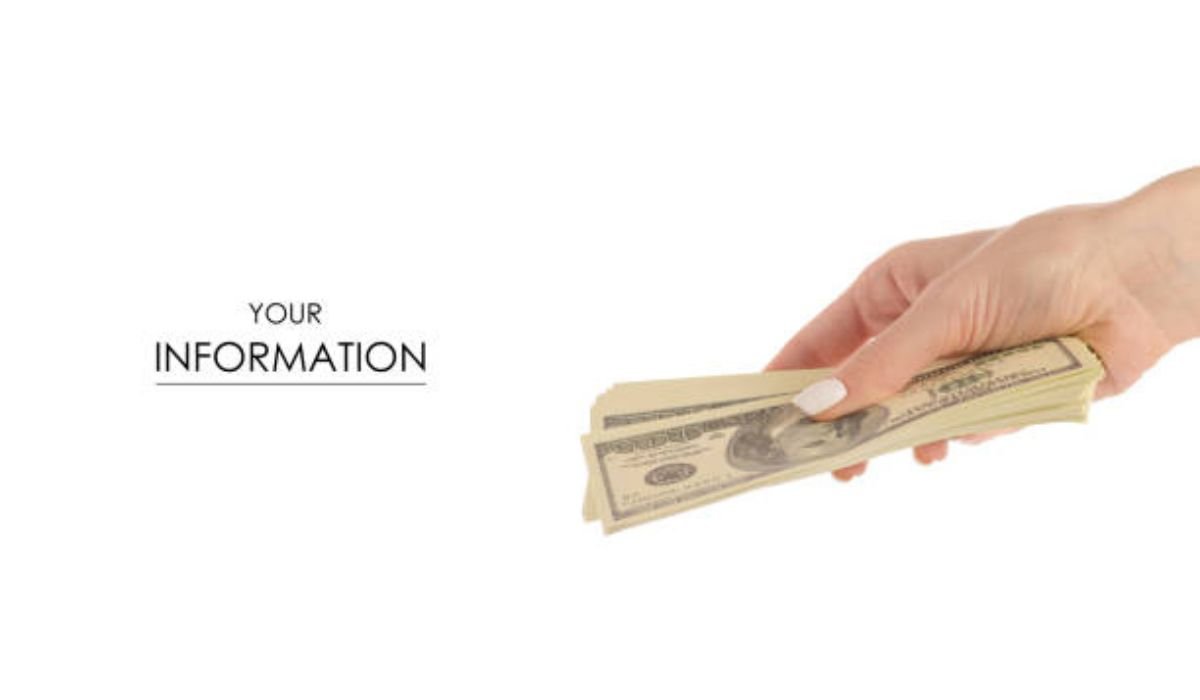For freelancers, money often comes from multiple sources, such as clients, platforms, or projects. When everything flows into a single personal account, it becomes chaotic to track income and expenses.
That’s why the first hack is simple: open a dedicated account for your freelance work.
1. Keep Work and Personal Finances Separate
By keeping your work and personal finances separate, you gain:
- Clear visibility into how much you earn and spend on work-related activities.
- Easier tax filing, since client payments and professional expenses are already segregated.
- Professional credibility, as sharing a dedicated “business” current account for payments makes you look more reliable to clients.
Whether you choose a current account online or a digital-first savings account, this simple step removes confusion and sets the foundation for better money management.
2. Make Irregular Income Work for You
Unlike salaried employees, freelancers don’t get a fixed paycheck every month. Some months bring in more money than expected, while others can feel worryingly dry. The key is to smooth out the inconsistency.
One practical strategy is the 30–20–50 rule:
- 30% of each payment goes straight to savings.
- 20% goes into an emergency fund.
- 50% covers everyday expenses.
Automating these transfers makes the process effortless. Most banks let you set up standing instructions or UPI autopay.
To grow your money, use:
- Recurring Deposits (RDs) for steady contributions.
- Auto-sweep FDs where idle balances automatically move into fixed deposits.
- Liquid mutual funds for short-term, accessible parking.
The ultimate goal should be to build an emergency fund covering 3–6 months’ expenses. That cushion ensures you’re never scrambling when payments delay or projects pause.
3. Smarter Payment & Cash Flow Management
Cash flow is the lifeline for freelancers. Getting paid on time and managing that inflow wisely can make or break your finances.
For international clients, avoid losing money in high forex conversion charges. Services like Wise, Payoneer, and specialized bank forex accounts often offer better rates and lower fees compared to default PayPal or direct bank transfers. Always compare options before deciding how to withdraw.
Credit cards can also be powerful tools if used with discipline. They help:
- Cover short-term expenses when a client’s payment is delayed.
- Earn cashback and rewards on business spends like software, ads, or subscriptions.
- Build a credit history for future borrowing.
The golden rule: Treat your credit card as a cash flow tool, not free money. Always clear dues in full to avoid the debt spiral.
4. Stay Tax-Ready All Year Round
Tax season is often the biggest pain point for freelancers. Unlike salaried employees, no employer deducts and pays taxes on your behalf. The responsibility is entirely yours. The smartest hack here is to stay prepared throughout the year instead of rushing in March.
Open a separate “tax account.” Transfer 20–30% of every payment you receive into it. By the time advance tax deadlines arrive, you’ll already have funds set aside.
Keep an eye on TDS deductions from clients and cross-check them in Form 26AS. This prevents last-minute surprises when filing returns. To simplify recordkeeping, link your bank account with accounting tools, or even a basic Excel sheet. These help track invoices, expenses, and GST obligations in real time.
This small habit ensures peace of mind and keeps you compliant with the Income Tax Department.
5. Plan for the Future Like a Salaried Pro
The biggest difference between freelancers and salaried workers is the lack of structured benefits like PF, EPF, or employer-provided health insurance. That doesn’t mean you can’t replicate the safety nets.
- Retirement planning: Open an NPS (National Pension System) account or start SIPs in mutual funds to build long-term wealth.
- Health and life insurance: Set up auto-debits from your bank so coverage continues without gaps.
- Diversify savings: Park idle money in liquid mutual funds, RBI savings bonds, or digital gold instead of just a savings account.
- Backup credit lines: Explore overdraft facilities against FD or digital credit lines from neo-banks for lean months.
By consciously creating these structures, you mirror the security that salaried employees enjoy while still retaining the freedom of freelance life.
Final Thoughts
Freelancing and gig work bring flexibility, independence, and often more creativity. But they also come with irregular income and greater financial responsibility. The good news is that banking smartly can bridge this gap.
By separating accounts, automating savings, managing payments strategically, staying tax-ready, and planning for the future, freelancers can enjoy stability even in unpredictable months. These hacks don’t just protect you during dry spells—they also set you up for long-term financial growth.
At the end of the day, freelancing doesn’t have to mean financial chaos. With the right banking approach, you can enjoy both the freedom of gig work and the security of a well-managed financial life.
You May Also Read: FintechZoom.com FTSE 100: Your Ultimate Investor’s Guide











